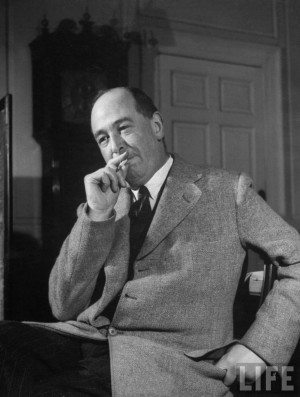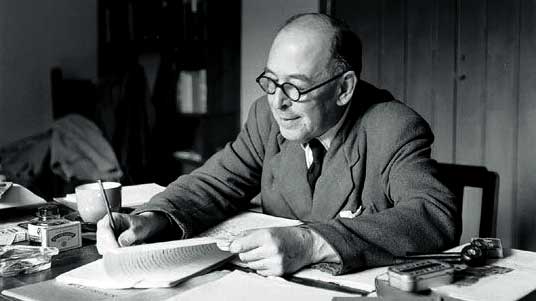-Zayn Malik
I find that I want to stay on pages that feel safe, even though the reality of where I am is on the pages that follow. Not turning the pages doesn't change the truth of what is on them. Trying to re-live the same page over and over is keeping me from moving forward and progressing in my own recovery.
I want to quickly turn the pages for my husband in his book, get him through the hard times and on to better things that I think he has within himself. I want him to turn the pages to see the same thing that I do and I hope they are written there. But that is me trying to manage his recovery.
There is a song from "My Turn On Earth" that goes like this:
I'm the one that writes my own story.
I decide the person I'll be.
What goes in the plot and what will not
Is pretty much up to me.
And just in case I need to erase
It was figured out before.
A thing called Repentance, can wipe out a sentence
A page or a chapter or more.
Everyone who writes his own story
Now and then will make some mistakes
But given some care, they needn't stay there
And this is all that it takes,
You must know you've done wrong and so
You feel very bad and then
Don't try to hide it, do try to write it
And vow you won't do it again.
This book of mine is very important
And so someone is waiting right there
To help with my story, He's been there before me
And always as close as a prayer,
We will write each day and night
And do it well and faithfully
A wonderful story, of sadness and glory
It's written by Jesus and Me.
Of course this is a simplified version of repentance and forgiveness. Otherwise it would have been a really, really long song! ;) But a comforting and beautiful message testifying of the reality of forgiveness (which I remember more when Jeff is in good recovery than when he is relapsing).
"In this rigorous process, so much clearly depends upon meekness. Pride keeps repentance from even starting or continuing. Some fail because they are more concerned with the preservation of their public image than with having Christ’s image in their countenances! (Alma 5:14.) Pride prefers cheap repentance, paid for with shallow sorrow. Unsurprisingly, seekers after cheap repentance also search for superficial forgiveness instead of real reconciliation. Thus, real repentance goes far beyond simply saying, 'I’m sorry.'
Nov. 1991 Ensign, Repentance, Neal A. Maxwell
Nov. 1991 Ensign, Repentance, Neal A. Maxwell
"Basically our loved ones took something from us and have incurred a debt. Often we want the debtor to repay the debt before we forgive. Forgiveness is not really about whether the loan is repaid or not. Forgiveness is really not about two human beings. It's about us. It's about our peace. We really only need one party to act in order to achieve forgiveness and that is us. We do not need the other party who offended us to do anything. Yes, it would be nice if they made amends and repaid the debt, but many will not and may even be arrogant. By not choosing forgiveness, we are allowing our loved ones to continue to hold us captive. We are allowing our loved ones to control us if we choose not to forgive. Forgiveness is releasing our loved ones from the debt they incurred. The slate is wiped clean. We are no longer the creditor and they are no longer the debtor. We have forgiven the debtor; however, we are the ones who are free."
Rod Jeppsen - Lord I Believe, Help Thou Mine Unbelief - page 367
Rod Jeppsen - Lord I Believe, Help Thou Mine Unbelief - page 367
A very important part of our Savior's Atonement is the healing portion for all of the hurts and injuries that we have. Also the realization that forgiveness is more for us than for the person that wronged us. When we learn this, we learn to forgive ourselves more freely too.

